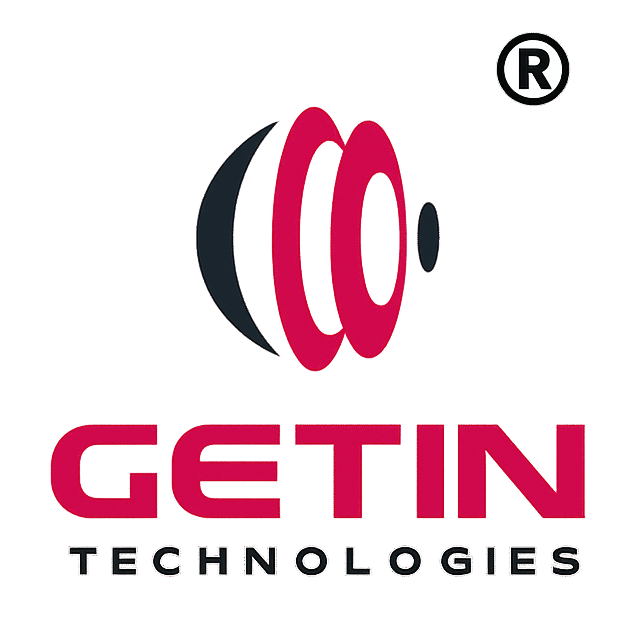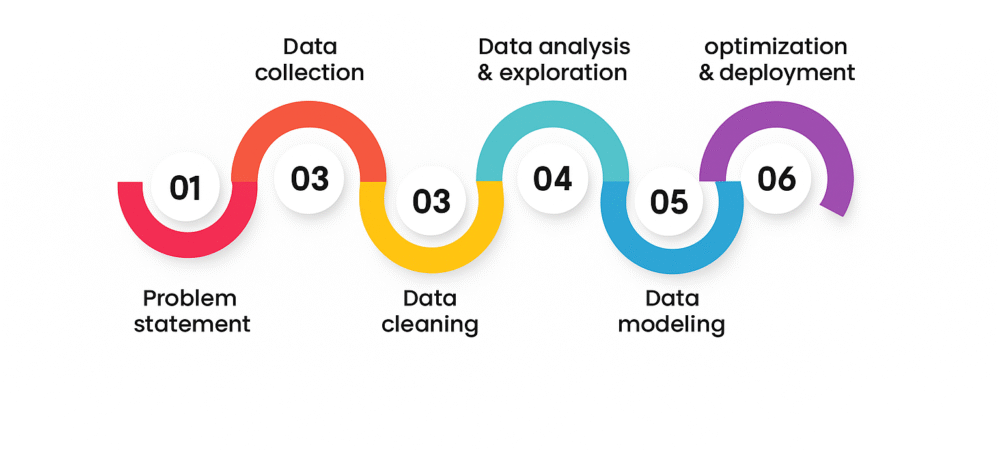Elevate Your Skills with Elite Data Science Training in Kovilpatti
Getin Technologies is proud to offer a state-of-the-art Data Science Training program right in Kovilpatti, crafted to equip learners for the ever-changing landscape of data and analytics. Our training blends essential theoretical knowledge with practical experience, diving into crucial subjects like Python programming, Machine Learning, Deep Learning, Data Visualization, and Big Data tools. Led by certified industry professionals, the program focuses on real-world projects and case studies that mirror actual business challenges, ensuring that students walk away with practical, job-ready skills.
At Getin Technologies, we’re all about empowering individuals through tailored mentorship, career-focused modules, and ongoing placement support. Whether you’re a student eager to break into the tech world or a professional aiming to elevate your career, our Data Science training provides you with the tools and confidence needed to excel in today’s data-driven environment. With modern facilities, a student-centered atmosphere, and a proven history of success, Getin Technologies is your go-to destination for data science excellence in Kovilpatti.


























 20% Offer for College Students from Total Course Fees.
20% Offer for College Students from Total Course Fees.







